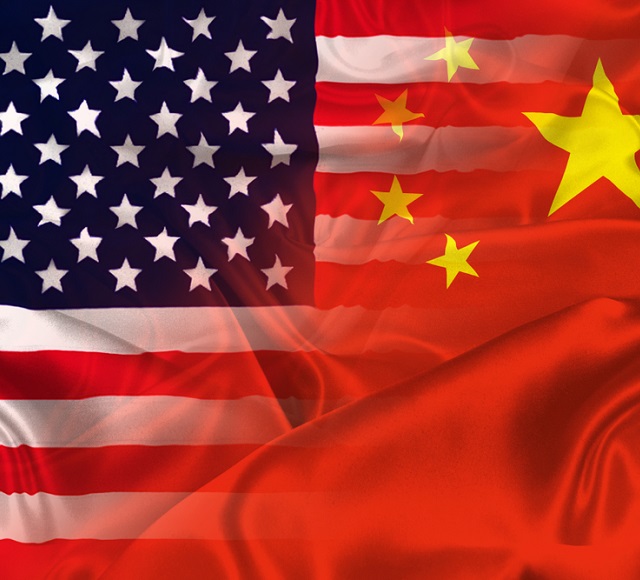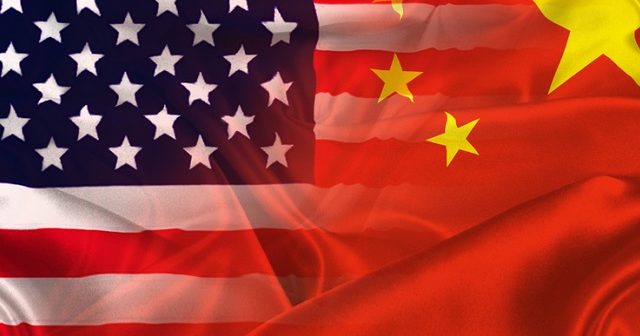
The ongoing geopolitical stand-off between the US and China will discourage Chinese companies from listing on the US stock exchanges while those with existing listings in the US will look eastwards, says GlobalData.
GlobalData identifies 25 Chinese tech, media, and telecom (TMT) companies completed IPOs on the US stock exchanges in 2020. However, geopolitical developments mean there are increasing concerns about the future of some large Chinese company listings in the US. These challenges will force Chinese TMT companies to stay away from US exchanges in 2021.
In May 2020, the US Senate passed the Kennedy-Van Hollen Bill, which could delist companies if they cannot prove they are not influenced by governments. In December 2020, President Donald Trump signed the ‘Holding Foreign Companies Accountable Act’, which will require companies to prove that they are not owned or controlled by a foreign government and allow the US Public Accounting Oversight Board to review their financial audits.
On 6 January 2021, the New York Stock Exchange announced plans to delist several Chinese major telecom firms, including China Mobile, China Telecom and China Unicom. This followed a previous order from President Trump that banned companies and individuals from investing in firms that allegedly aid the Chinese military.
Swati Verma, Associate Project Manager for Thematic Research at GlobalData, comments: “These policies create problems for China and Hong Kong-based companies that are currently trading only on the US stock markets. As a result, these companies are now seeking listings elsewhere. Alibaba’s secondary listing in Hong Kong in November 2019 was a case in point. Subsequently, JD.com and NetEase had also completed their secondary listings in Hong Kong in June 2020.”
Ms Verma concludes: “GlobalData expects more Chinese companies to move towards their domestic market in 2021. Those in the pipeline include the Hong Kong listings of Bilibili and Pinduoduo. The outlook seems to be bleak for Chinese companies looking to list in the US market. However, with a new President in place, we will have to wait to see the impact on the US-China relationship and whether this changes recent policy announcements towards Chinese companies.”







